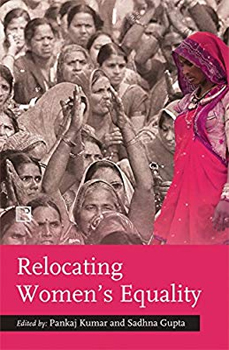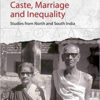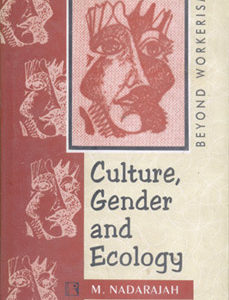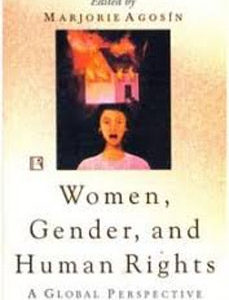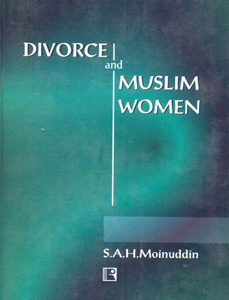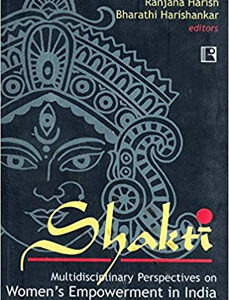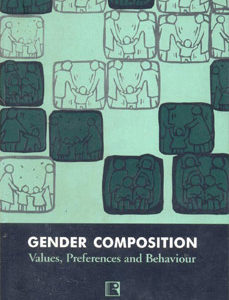RELOCATING WOMEN?S EQUALITY
₹1,195.00 Original price was: ₹1,195.00.₹956.00Current price is: ₹956.00.
25 in stock
Indian society is still largely male-dominated, and the real freedom for women seems to be a myth. Though women constitute half the population, yet equal opportunity and equal treatment are alien concepts even to a large number of women in India. In this scenario, women often have to endure a climate of condescension bordering on contempt and hostility.
The Constitution of India did well by declaring in its Preamble its desire to secure justice ? social, economic and political ? and to secure equality of status and opportunity. Several steps have been taken to ensure translation of these objectives into reality by incorporating provisions ensuring equality of status and of opportunity in the fields of education, public employment and participation in political life. Number of legislations have been enacted for the protection and emancipation of women. In spite of many laws to defend women, crime against women is on the increase.
If women have to be emancipated or empowerment has to take place, it should be an allembracing constructive effort across multitude of platforms. Various articles in this book not only reflect upon the real position of women in India but also suggest steps which can help in reducing crime against women and give them equal status in the society.
Contributors
? Saroj Kumar Dhal ? Sadhna Gupta ? Ayan Hazra ? Khangembam Indira ? A. Kalpana ? Tukaram N. Khandade ? Pankaj Kumar ? Rajeev Kamal Kumar ? Barnali Maity ? Preeti Misra ? Prasamita Mohanty ? Niranjan Mohapatra ? Anirban Mukherjee ? Sudarsana Mukhopadhyay ? Subash Ranjan Nayak ? Swapna S. Prabhu ? Sangeeta Roy Maitra ? Swati Akshay Sachdeva ? Gurupada Saren ? Ambey Kumar Srivastava
| Author's Name | |
|---|---|
| Binding | |
| Release Year | |
| Language | |
| Publisher |
Related products
Women Studies
Women Studies
Women Studies
Women Studies
Women Studies

